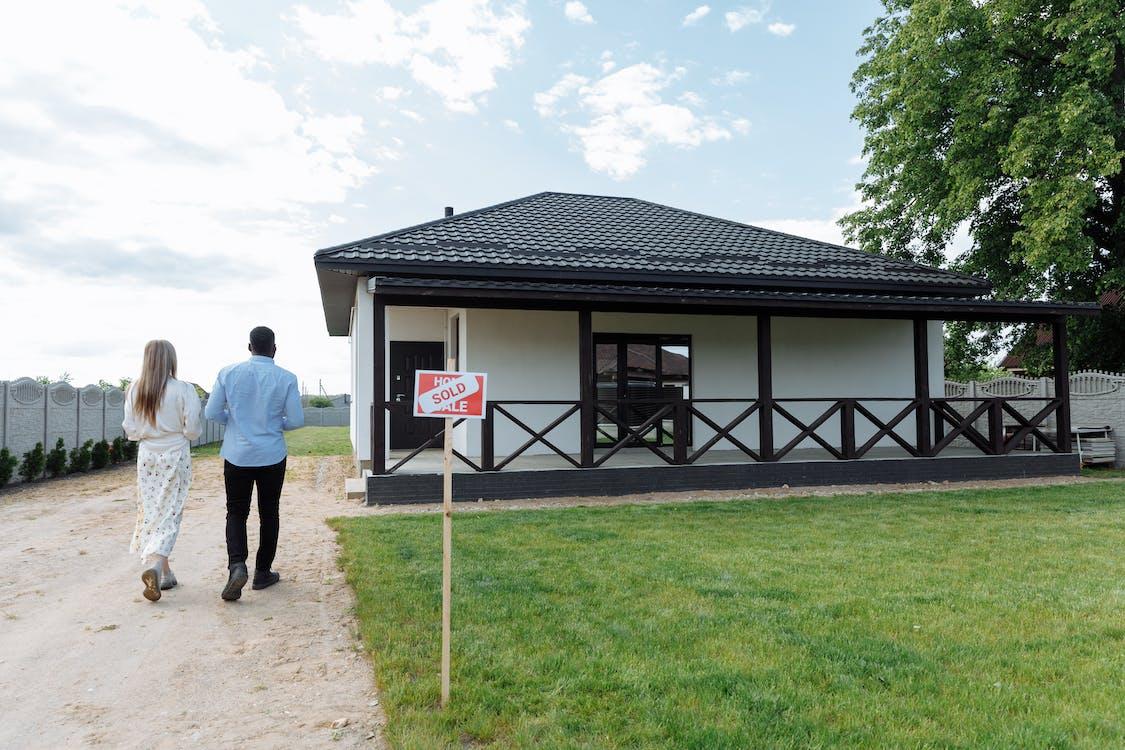The lack of budget-friendly housing options has become a critical concern in numerous areas, causing a considerable part of the population to struggle in their search for secure and reasonably priced accommodations.
In light of this challenge, those involved in the real estate and construction sectors, as well as government officials, are dedicated to researching groundbreaking building techniques and introducing a variety of measures intended to expand the range of accessible housing options.
Table of Contents
Innovative Construction Methods
Cutting-edge approaches in construction can lead to reduced expenses and heightened efficiency in affordable housing developments. These techniques encompass modular construction, 3D printing, prefabricated elements, and energy-saving designs.
Turnabout Construction
Turnabout construction is an emerging approach that involves repurposing existing structures for affordable housing. Abandoned factories, warehouses, and office buildings can be transformed into residential spaces, saving on construction costs and revitalizing underutilized spaces.
Modular Construction
Modular construction involves assembling building components off-site in a factory and then transporting them to the construction site for assembly. This approach reduces construction time and labor costs significantly. Moreover, modular construction can be adapted to various architectural styles and configurations, providing flexibility in design.
3D Printing
3D printing technology allows for the rapid construction of buildings using layers of concrete or other materials. This method not only reduces construction time but also minimizes waste and labor requirements.
Prefabricated Components and SIPs
Prefabricated components and Structurally Insulated Panels (SIPs) offer efficient and cost-effective ways to construct affordable housing. These materials are manufactured off-site and then assembled on-site, reducing construction time and waste.
Energy-Efficient Design
Incorporating energy-efficient design principles can lower long-term operating costs for affordable housing units. Strategies such as passive solar design, high-efficiency insulation, and energy-efficient appliances can make homes more affordable for occupants.
Government Initiatives
Governments play a pivotal role in addressing the affordable housing crisis through various initiatives and policy measures.
Subsidies and Grants
Subsidies and grants are often offered to developers and builders who commit to constructing affordable housing units. These subsidies can help offset construction costs and make it financially viable to provide housing at lower rental or purchase prices.
Land-Use Policies
Governments can reevaluate and revise land-use policies to encourage the development of affordable housing. This might include zoning changes to permit higher-density housing or mixed-use developments that incorporate residential units.
Public-Private Partnerships (PPPs)
Collaborations between governments and private developers can help bridge the gap in affordable housing construction. Public land can be made available to private developers in exchange for commitments to build affordable units.
Housing Trust Funds
Establishing dedicated housing trust funds at the local, state, or national levels can provide a consistent source of funding for affordable housing initiatives. These funds can be used for construction, maintenance, and preservation of affordable housing units.
Streamlining Regulations
Governments can streamline the permitting and approval process for affordable housing projects to reduce construction timelines and associated costs. This can also involve waiving certain fees or expediting reviews for affordable housing developments.
Challenges and Considerations
While these innovative construction methods and government initiatives offer promise, several challenges must be addressed.
Costs
Costs can be a significant barrier, as innovations like 3D printing and modular construction may require substantial upfront investments in technology and equipment. Some communities may resist high-density affordable housing developments, fearing changes in neighborhood dynamics or property values.
Maintenance and Sustainability
Long-term maintenance and sustainability must be carefully managed to ensure that affordable housing remains a viable and valuable asset for communities.
In conclusion, the shortage of affordable housing is a complex issue that demands creative solutions from both the construction industry and government authorities. By working together and addressing the associated challenges, stakeholders can make significant strides in addressing the affordable housing crisis and providing safe, affordable homes for those in need.





